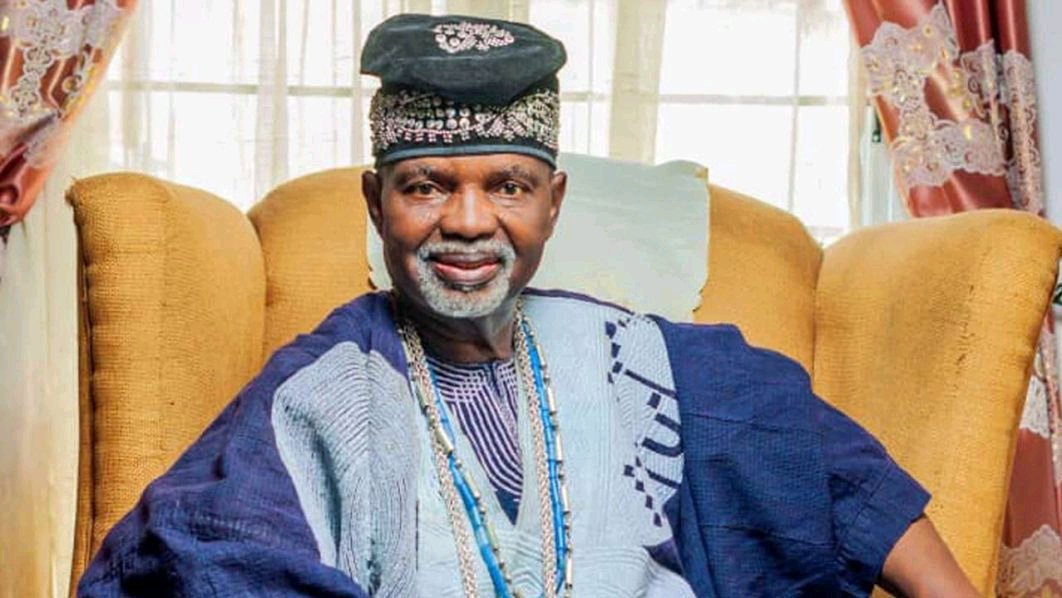Veteran journalist and cultural icon, Lekan Alabi, has shared a dramatic moment in Nigeria’s history during an interview with Edmund Obilo on Splash FM. He spoke about how General Aguiyi Ironsi, Nigeria’s first military Head of State, was arrested and later killed in 1966.
In a rare and emotionally charged recollection, respected journalist and Yoruba cultural ambassador Lekan Alabi took listeners on a journey back to one of the darkest chapters in Nigeria’s post-independence political history.
During his appearance on the popular program hosted by Edmund Obilo on Splash FM, Alabi recounted the tragic events that led to the arrest and eventual killing of General Johnson Thomas Umunnakwe Aguiyi-Ironsi, who served as Nigeria’s first military Head of State.
Alabi’s revelation centered on the pivotal role played by Captain Theophilus Yakubu Danjuma, who at the time held the position of Chief Security Officer to General Ironsi.
It was expected that Danjuma, being in charge of the general’s personal security, would act in his defense during the political upheaval. However, Alabi recounted how history took a surprising twist: instead of protecting his superior, Danjuma was reportedly part of the arrest team.
According to Alabi, Danjuma later explained that the original intention of the operation was not to kill General Ironsi but to detain him and interrogate him on why he refused to bring to justice those responsible for the January 1966 coup—specifically Major Kaduna Nzeogwu and his co-conspirators.
This coup had claimed the lives of several prominent political leaders, primarily from the northern and western regions of the country, sparking ethnic tensions and distrust within the military.
The plan, as it was allegedly presented, was to question Ironsi on his failure to prosecute the coup plotters, which many believed contributed to a growing sense of injustice and suspicion.
However, events rapidly spiraled beyond control. As Alabi narrated, while Ironsi and his host, Colonel Adekunle Fajuyi, were being escorted down the staircase of the Government House in Ibadan—where they had taken refuge—a junior officer suddenly acted out of line.
It was not Danjuma, according to Alabi, who gave the fatal command. Instead, a young and emotionally unstable officer reportedly gave the order to shoot. Both Ironsi and Fajuyi were killed instantly in what was described as a breakdown of the chain of command and discipline among the soldiers.
Alabi quoted Danjuma as saying, “he said suddenly, when they were descending the stairs of the government houses. One of the RSMs that he used to arrest Ironsi became uncontrollable, and it was that young middle officer who ordered the firing of Ironsi and Fajuyi.”
The 1966 counter-coup, which claimed the lives of Ironsi and Fajuyi, ultimately paved the way for General Yakubu Gowon to assume power, and for Nigeria to drift closer to the devastating civil war that erupt a year later.
As Nigeria continues to grapple with the legacy of its military past, recollections like Alabi’s not only preserve historical memory but also highlight the importance of strong institutions, national reconciliation, and disciplined leadership in avoiding the mistakes of the past.
Love Reading Authentic News Stories, Click The Button Below

